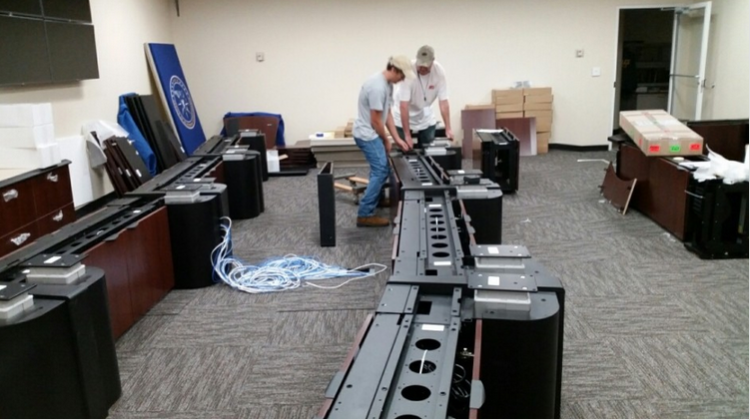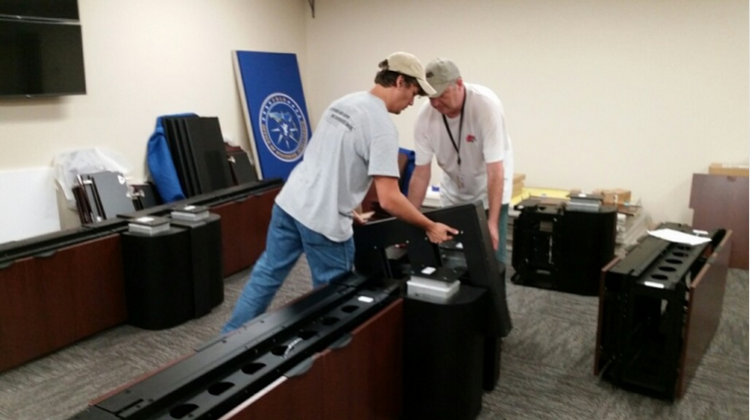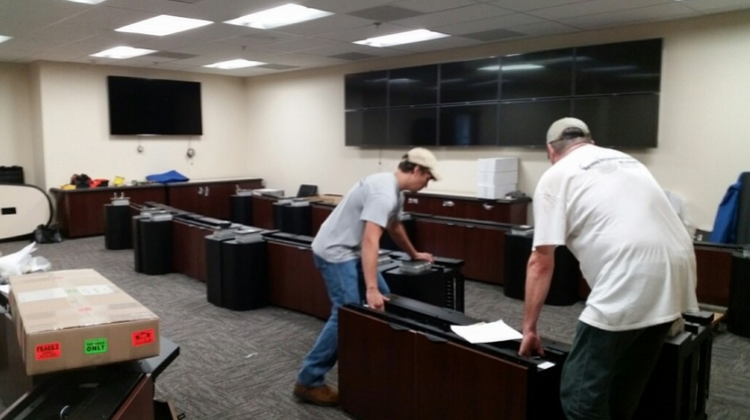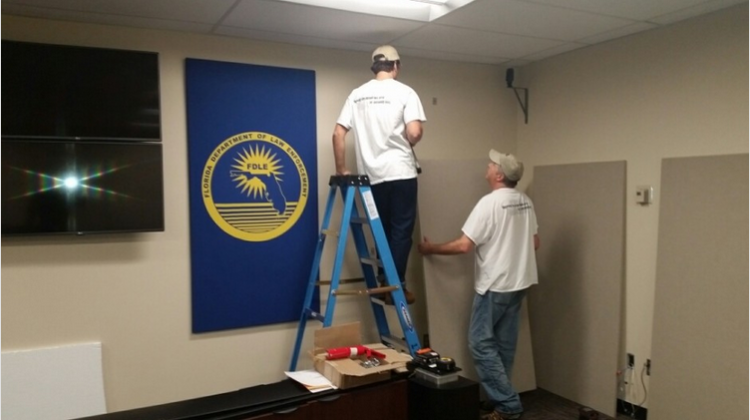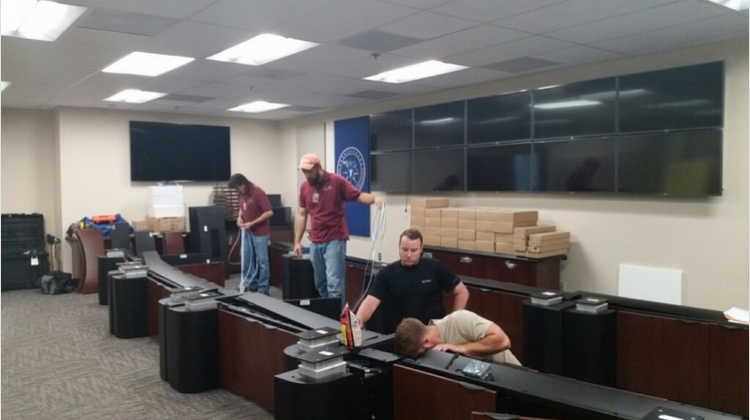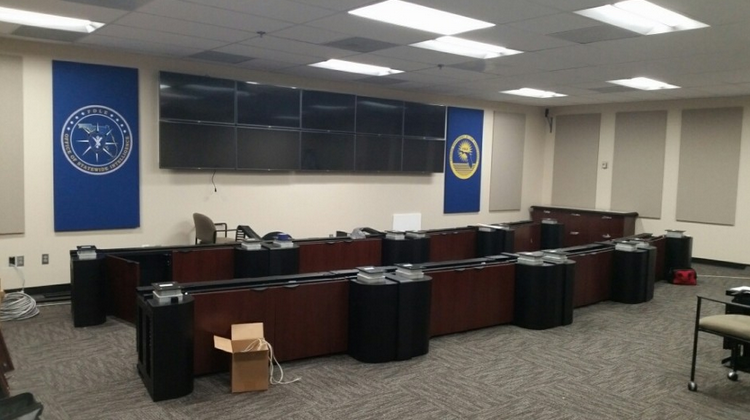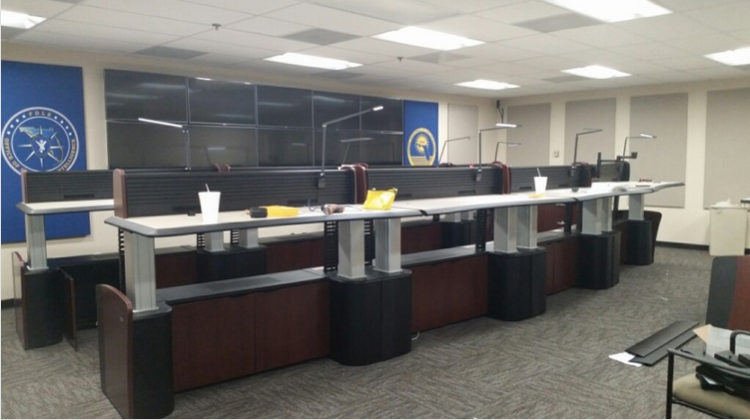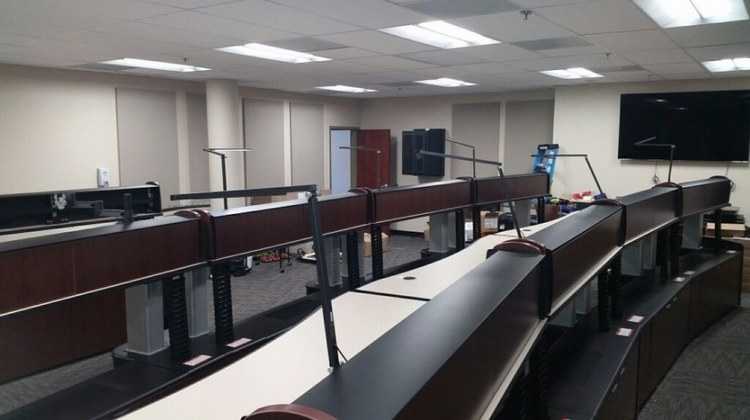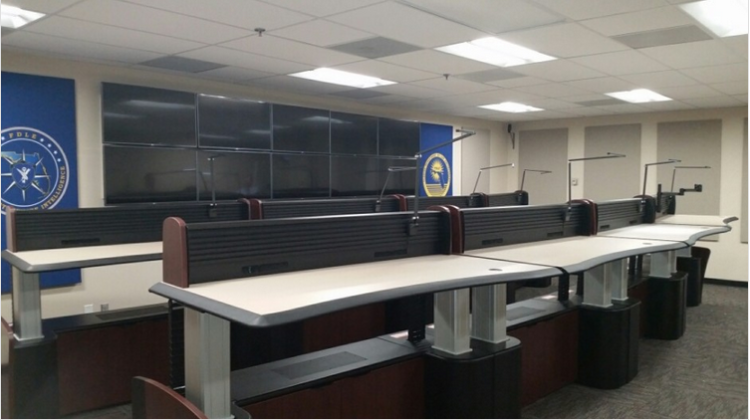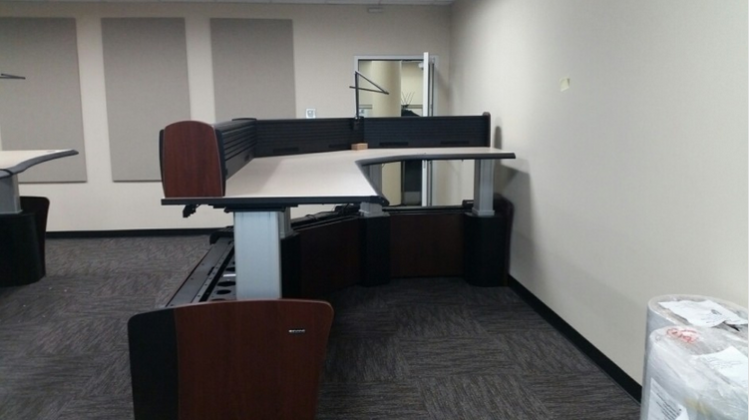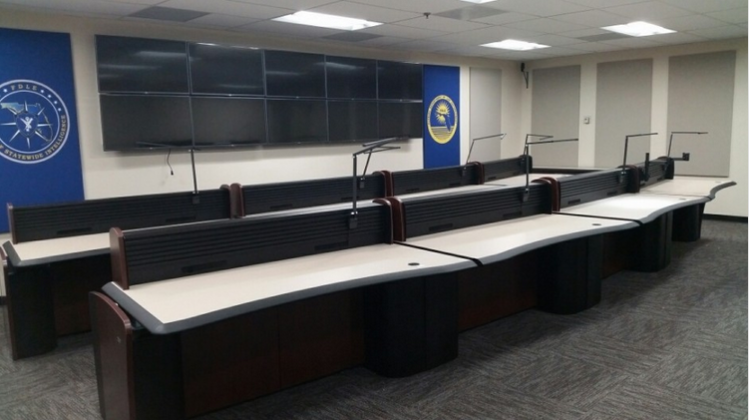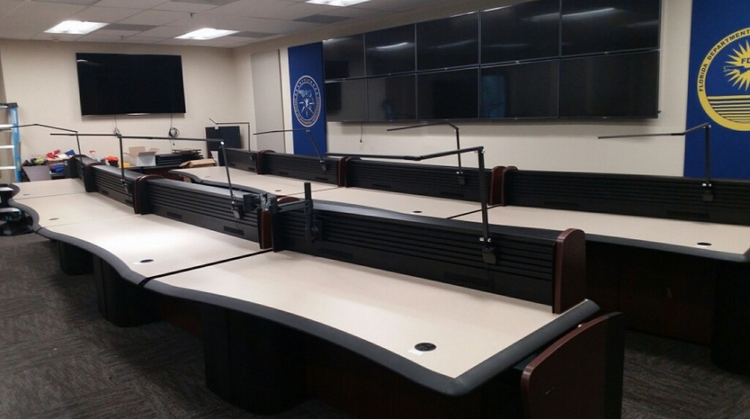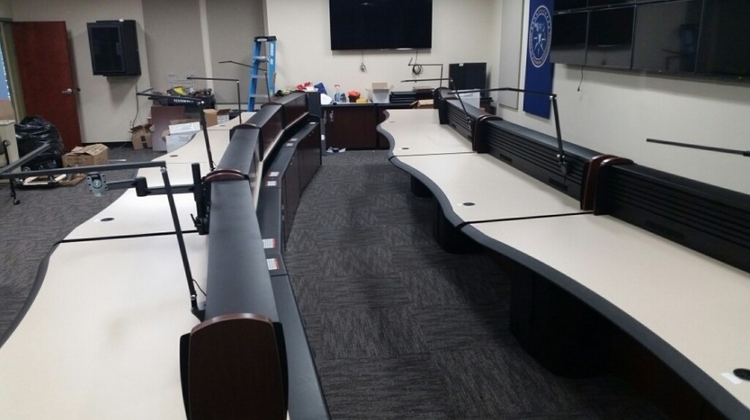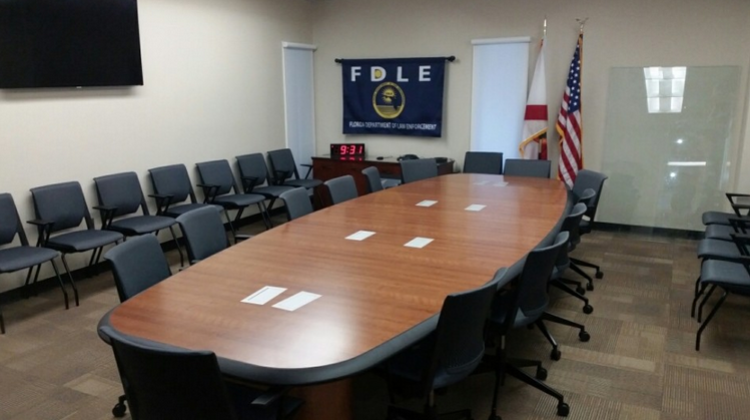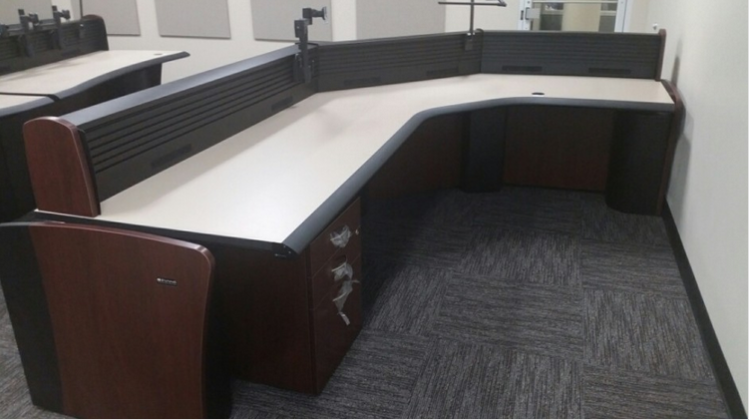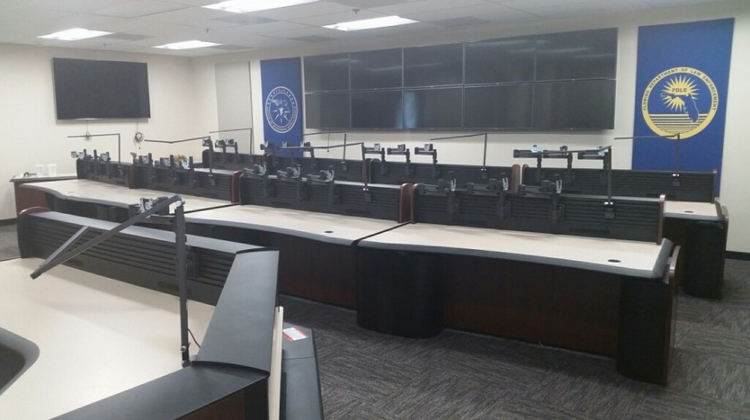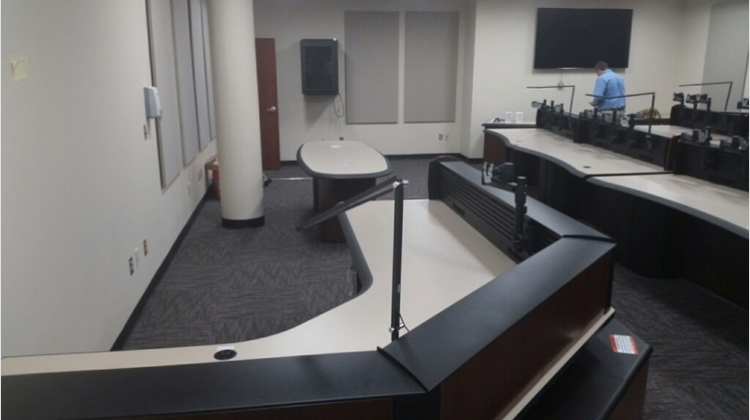WHAT IS A FUSION CENTER?
A fusion center is a collaborative effort of state and federal agencies working in partnership with local partners to share resources, expertise, and/or information to better identify, detect, prevent, apprehend and respond to criminal and terrorist activity utilizing an all crimes/all hazards approach. The multidisciplinary approach of a fusion center increases the awareness of potential threats and enhances what has traditionally been a law enforcement mission.
There are many agencies making valuable contributions to the mission of public safety, including the public and private sector communities. Law enforcement can’t be everywhere all the time so they rely on citizens to report crime and suspicious activity to local law enforcement agencies. Some of these citizen reports may be valuable to a fusion center that is examining these reports for common trends. For example. multiple reports of people taking pictures of a nuclear facility or asking questions regarding the security measures at a seaport are trends to examine.
THE FLORIDA FUSION CENTER
To help unify the Nation’s efforts to share information and exchange intelligence, the Intelligence Reform and Terrorism Prevention Act of 2004 was passed. The Act provides guidance to agencies at all levels about information sharing, access and collaboration. Part of this guidance is the need to designate a single fusion center in each state to serve as the “hub” for these activities. The Florida Fusion Center, also known as FFC, located in Tallahassee, Florida, serves as Florida’s primary fusion center for the gathering, processing, analysis, and dissemination of terrorism, law enforcement, and homeland security information. Regional fusion centers are also developing in Florida. The focus of these regional centers may vary slightly from the FFC, but the flow of information between these centers will be coordinated to serve the needs of all Floridians.
HOW WE OPERATE
The FFC consists of partner state and federal agencies from across diverse areas of interests. All partners contribute a liaison from their own agency that has been through a state and federal law enforcement background and security clearance process. These liaisons have been trained in legal and privacy issues, to include 28 CFR Part 23, and they acknowledge that they must handle any intelligence or criminal investigative information in accordance with State and Federal law. The liaisons receive continuous training on topics to assist them in their daily duties, which includes the production of strategic briefings and assessments on emerging or potential public safety threats in Florida. As examples, the FFC has published law enforcement sensitive products on such diverse topics as the threat posed by cloned vehicles and the threat of human trafficking in Florida.

